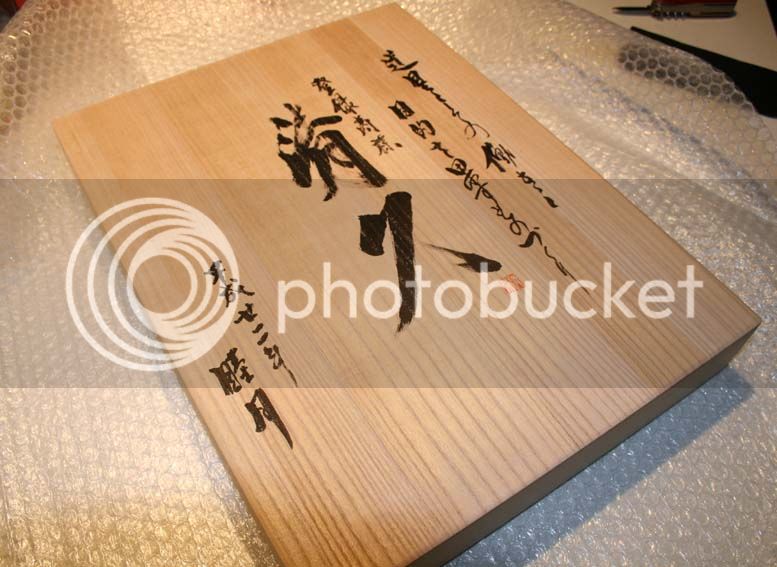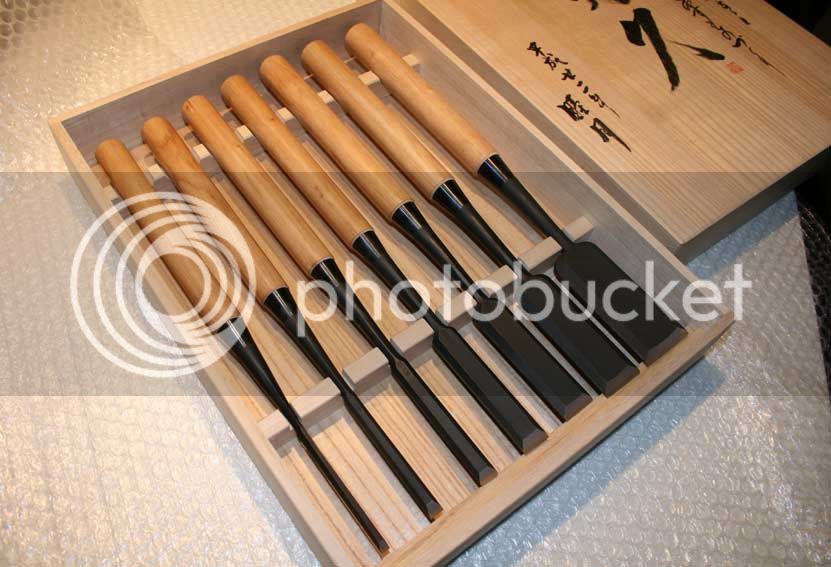In the interests of self-disclosure ..
Stu is a mate of mine (and will continue to remain so).
I have received advice from him in the past (and will continue to seek it).
I have purchased tools from him (and intend to do so again in the future).
However I stated
before Stu visited this forum (Welcome Stu!

ccasion5: ) and, in particular, this thread ...
I bought my Japanese chisels
expressly with hardwoods in mind. They take and hold an edge that is only rivaled only by the supersteel chisels I am testing out.
My Koyamaichi dovetails chisels are thrashed - because that is sometimes what it takes to chop joints in hard Jarrah and Karri. They have never chipped an edge.
Review here:
http://www.inthewoodshop.com/ToolReview ... isels.html
They are excellent value-for-money, costing about the same as a LN. I could have instead purchased LNs. I preferred to get the Koyamaichi. Surely that says something.
They are not the only Japanese chisels I own. I have been using mainly Iyoroi for about 15 years. My latest set are parers (slicks) that arrived recently ... after a wait of 3 years. I sold off a prized collection of Bergs (among other tools) to afford them. They are worth it. Are they ever!
Behold the Kiyohisa slicks ...
Oh, and they work well on hardwood as well ... just thought you'd want to know ...

Regards from Perth
Derek


































